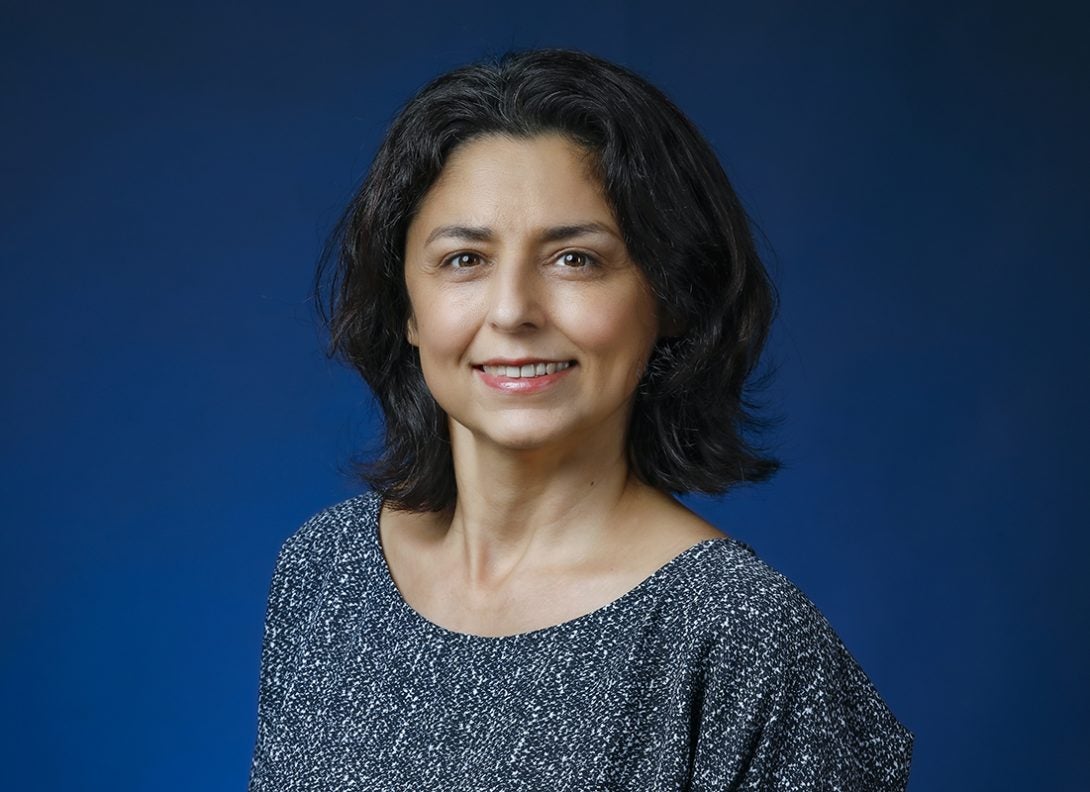Didem Ozevin to conduct research in new NASA center for in-space manufacturing at UIC
1

Professor Didem Ozevin of civil, materials, and environmental engineering at UIC is collaborating with a team of researchers in the new Center for In-Space Manufacturing: Recycling and Regolith Processing (CISM-R2) at UIC.
Ozevin is one of the co-principal investigators on a NASA grant of more than $4.6 million, which was awarded to Yayue Pan, associate professor of mechanical and industrial engineering, to open the research center specializing in in-space recycling and utilizing available materials to support sustainable space exploration, development, and civilization. MIE professors Jida Huang and Lin Li are also co-principal investigators.
The multi-million grant is awarded under NASA’s Minority University Research and Education Project Institutional Research Opportunity (MIRO). The program is focused on helping institutions raise their technological bar and enhance their capabilities and infrastructure to become more competitive in research, which opens doors to valuable experience and opportunities.
Ozevin’s research will be focused on the mechanics and non-destructive testing of the parts manufactured in space to ensure that the quality is proper.
“NASA is very much interested in non-destructive evaluation,” said Ozevin, director of the Nondestructive Evaluation Laboratory at UIC. “When it comes to 3D printed parts, there are some uncertainties because the surface roughness, and also there are different kinds of defects than typical cast materials. We’re going to explore different techniques to make sure that we assess the quality of the material before it’s put in use.”
With lives at stake, it’s crucial to make sure the material testing is accurate, and the printed parts can survive in space. Unlike parts made to be used on Earth, the researcher has to consider a completely different environment with different temperatures and, in some cases, different radiation conditions.
“We are definitely going beyond traditional engineering. We are a plastic generation, and recycling plastic can also be helpful for Earth,” she said. “Working on something for space is everybody’s dream. I think this is the next adventure of humanity.”
Ozevin is serving as the liaison to The American Society for Nondestructive Testing Inc. (ASNT), which is one of the partner organizations supporting the research and education activities
ASNT is the world’s largest technical society for non-destructive testing professionals and provides a forum for exchange of technical information, educational materials and programs, and standards and services for the qualification and certification.
As a partner, ASNT is interested in facilitating Ozevin and the UIC team on updating the curriculum through feedback, promoting student recruitment efforts, connecting UIC CISM students with industry for understanding real-life problems and mentoring, participating in-space non-destructive testing workshops organized by UIC, and disseminating collaborative work and outcomes.
The team also is partnering with Northwestern University, Northern Illinois University, and the NASA Marshall Space Flight Center. The collaborative effort extends to government, industry, and society organizations, including DOE Argonne National Laboratory, Chicago mHUB, and Contour Crafting Corporation.
In addition to research, the project will organize workshops, develop course materials, and increase student participation in NASA-related research fields.